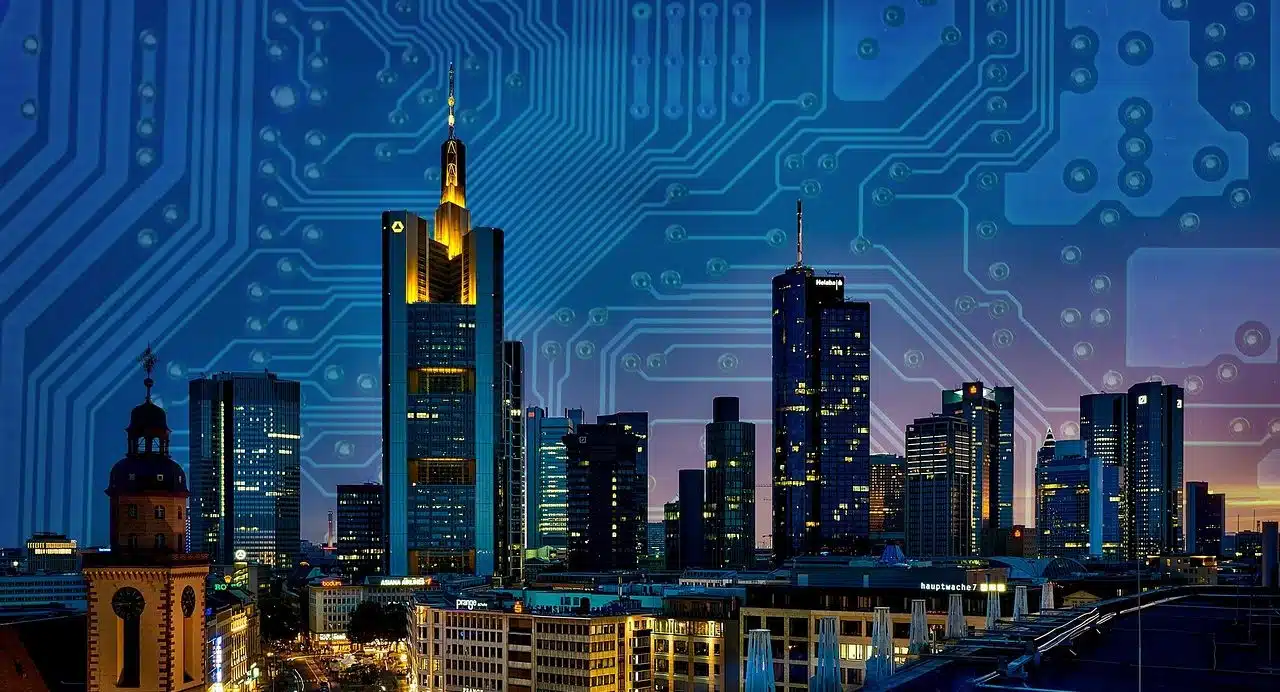
A smart and hyperconnected city must take care of cybersecurity.
A smart city is a locality that makes use of information and communication technologies (ICT) to increase the quality of life of its inhabitants and promote sustainable development . The concept refers to the use of technological tools to provide solutions in public services, mobility and citizen participation, for example.
Coming from the English expression smart city , the notion is associated with the implementation of measures to achieve greater energy efficiency , the creation of advanced parking systems and the implementation of open government initiatives, to mention a few possibilities. The premise of a smart city is to use technological advances to satisfy the needs of citizens.
Characteristics of a smart city
There is no exact definition of a smart city nor a precise list of the characteristics of these cities. The concept is broad and is often used in marketing without much support.
Broadly speaking, there is a consensus that a smart city uses technology to meet social demands without compromising sustainability . Beyond the application of digital and virtual resources itself, a smart city must also have planning that is the result of a detailed study carried out by specialists on the existing needs and possibilities. In other words, it is not enough to use technology if said use is not framed in rational planning .
On the other hand, it should be considered that a city can be "smart" in some aspect (adopting renewable energy through urban solar panels, to indicate one possibility), but not achieve said status in other areas. Likewise, the consideration of "intelligence" can change, either for or against, over time.

Smart cities are dabbling in augmented reality for tourism.
Its pillars
Starting from the use of ICT, a smart city works in several aspects:
- Smart buildings : To reduce energy and water consumption.
- Smart lighting : Using sensors, low consumption options, etc.
- Intelligent public transportation : Minimizing delays for passengers and optimizing unit movements.
- Smart traffic : Implementing traffic management platforms and smart traffic lights to improve vehicle flow efficiency.
- Intelligent surveillance : Through facial recognition technologies and other resources.
The measures that can be applied are almost countless. It can be said that a smart city favors online citizen participation , which requires municipal mobile applications and citizen collaboration platforms to facilitate neighbors' involvement. Open data platforms are also key in this electronic administration.
As part of caring for the environment , a carbon footprint measurement can be carried out to analyze what actions should be taken. Promoting the sharing of cars ( carsharing ) and bicycles ( bikesharing ) through an app and installing charging infrastructure for electric vehicles, in this framework, helps reduce polluting emissions linked to mobility.
Developing telemedicine services can also contribute to access to healthcare. Something similar can be noted about digital and remote education, which expands the scope of educational services by going beyond the school or university as a physical space.

Urban planning based on data is one of the premises of smart cities.
Examples of smart city
An example of a smart city is Masdar , in the United Arab Emirates . It is a town planned in 2006 and whose construction began in 2008 , following sustainability precepts. Masdar 's entire energy consumption is covered by solar energy , while its buildings are always developed with a high percentage of recycled materials.
With an area of 6 square kilometers, Masdar has a tower that captures and redistributes the wind. Its nearly 4,000 inhabitants get around mainly by skateboard, bicycle or electric car.
Of course, a city cannot always be built from scratch to follow smart criteria. The vast majority of localities must adapt and introduce changes gradually.
In this way, we find examples of measures that make a smart city in Barcelona (which has smart containers and LED-based public lighting), Seoul (which uses autonomous robots to patrol the streets), Copenhagen (uses big data to reduce water and energy consumption and define urban planning policies) and Canberra (with an electric bus network).
Main challenges
The evolution towards smart cities requires overcoming multiple obstacles and challenges. As a first point, economic and technical resources are needed to carry out the transformations, which are not always available given the emergencies faced on a daily basis.
Having a good fiber optic infrastructure, satellite connectivity and urban sensors are some of the requirements for the transition. This would contribute to promoting the Internet of Things (IoT) and venturing into artificial intelligence (AI) tools, for example.
No progress is possible, however, if we do not work to reduce the digital divide . A city cannot be "smart" if it has drones for logistics and automated vertical gardens but, at the same time, has inhabitants without Internet access or who are technologically illiterate.
